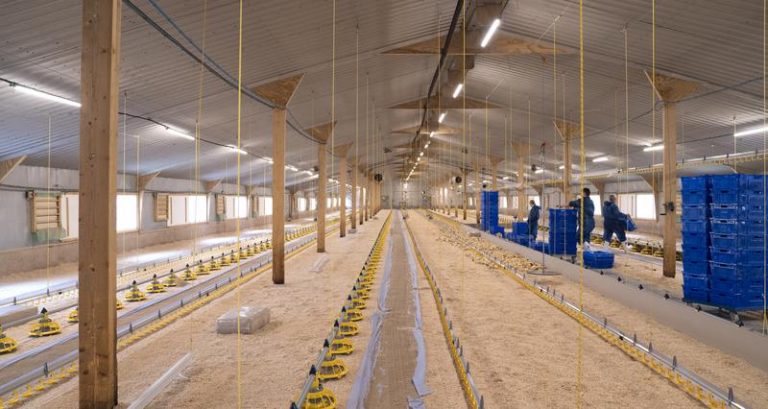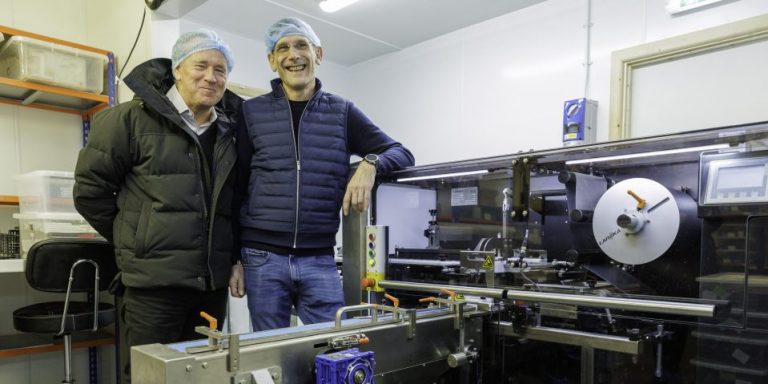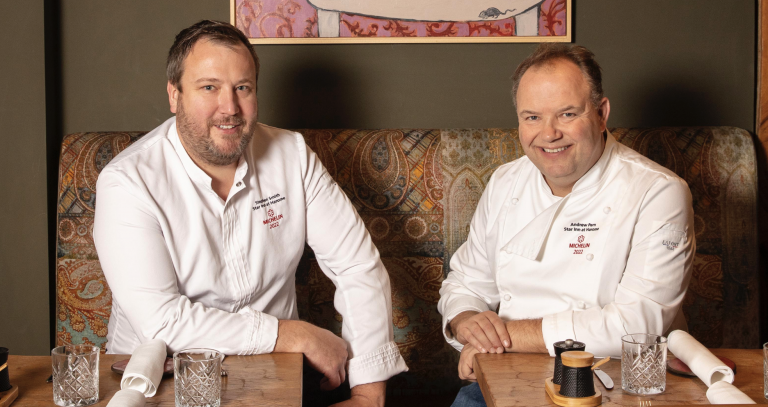- The risk of AI (avian influenza)
- The lack of fairness in the supply chain
- High energy prices
- Being undercut by imports
Egg production under threat because there’s no money in it, farmers tell NFU
Inflation holds steady at 4%
Solutions engineer joins virtualDCS after Yorkshire cloud technology firms join forces
Jason Fenwick has joined virtualDCS as a solutions engineer as a result of the disaster recovery specialist now hosting cloud technology firm, Vapour’s Veeam backups on behalf of its customers, after the two Yorkshire-based companies entered into a new partnership to bring unprecedented scale, flexibility, and security to clients’ data management.
As well as having a strong knowledge of the company’s client base, Jason knows Vapour’s platforms inside-out, meaning his appointment will ensure service continuity and an excellent end-user experience for the firm’s customers.
In addition, virtualDCS has appointed Tom Best as a technical support apprentice. Tom will work alongside Jason and the wider virtualDCS team, handling support queries and helping to manage virtualDCS’s CloudCover backup and disaster recovery services.
Jason Newell, channel director from virtualDCS, said: “We’re very pleased to welcome Jason and Tom to the team. Jason’s understanding of Vapour’s system and customers made him the perfect person to manage and oversee the transition, and we’re delighted that he’ll continue to be their key point of contact moving forward.”
Major work under way to renovate Keighley’s Sangat Centre
Nuclear industry launches recruitment campaign to fill critical skills gaps
North Yorkshire ground protection products supplier snapped up
Grant for labelling machine more than doubles chocolate factory’s daily output
Top chefs say restaurants have a vital role in boosting North Yorkshire’s visitor economy
Leading chefs have spoken of the importance of North Yorkshire’s hotels and restaurants in helping to boost the county’s £1.5 billion a year visitor economy.
With the Good Food Guide having declared Helmsley and the Howardian Hills, between the Yorkshire Wolds, the North York Moors National Park, and the Vale of York, as the ‘Most Exciting Food Destination’ for 2024.
The owner of the Michelin-starred Star Inn at Harome, Andrew Pern, said: “Having so many exceptional pubs, restaurants and all-round eateries in our area is great for our local economy. “One Michelin-starred restaurant might be worth a day out, but three is worthy of a few nights away, with time to visit attractions such as Castle Howard or Rievaulx Abbey, for example.
“Visitors from outside the area bring in money that allows us to employ people from the area, support suppliers and use local tradespeople in this lovely part of the world.”
Tommy Banks, who runs the Michelin-starred Black Swan at Oldstead, Abbey Inn at Byland and Roots in York, accepted the award along with Howardian Hills National Landscape manager, Ellie Hook.
He said: “I have always been very proud that people come from all over the world to visit our beautiful pocket of North Yorkshire. “In recent times the food scene has really evolved and now you are spoilt for choice for great award-winning pubs and restaurants in the area.”
The hospitality sector is seen as a key element of a new plan that is being drawn up to entice more visitors to the county. North Yorkshire Council’s Executive member for open to business, Cllr Derek Bastiman said restaurants and the businesses they supported were crucial in growing the county’s economy.
“When people eat at any of our restaurants and cafes they are not only supporting that location, but a wide range of other businesses across North Yorkshire as well, thereby securing jobs and ensuring future investment,” he said.
Yorkshire Building Society appoints Chief Risk Officer
Government plans to abolish ‘tiresome bureaucracy’ to create new homes faster
“We are sticking to our plan and are on track to meet our commitment to deliver one million homes over the course of this Parliament, and the changes announced today will deliver the right mix of homes across England.”












